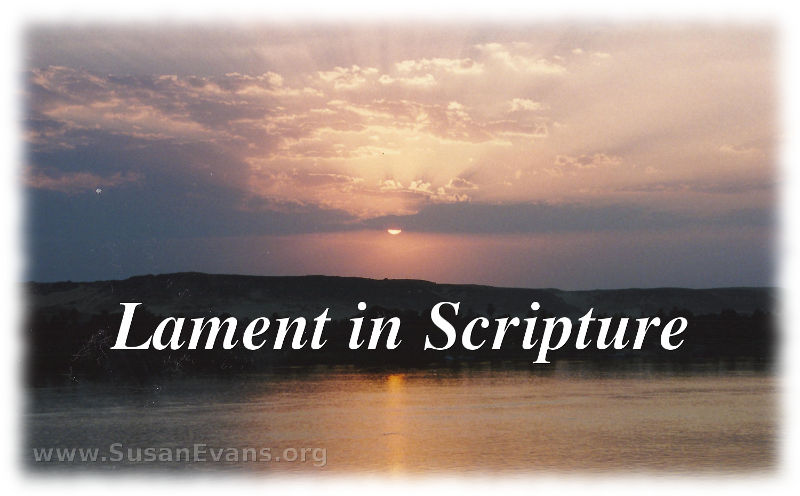 I am under a constant burden of prayer; I feel it like a weight on my shoulders. So few people actually commit themselves to pray for real, doing battle for the souls of other people to grow, for our own souls to be changed. Those of us who are committed to prayer care so much that the believers around us walk closely with Christ, and when we hear that they are doing well, we rejoice. When they are struggling, we get on our knees and beg God for them to have peace and draw closer to Him. Those of us who are committed to pray, when we don’t pray, we feel eerily responsible.
I am under a constant burden of prayer; I feel it like a weight on my shoulders. So few people actually commit themselves to pray for real, doing battle for the souls of other people to grow, for our own souls to be changed. Those of us who are committed to prayer care so much that the believers around us walk closely with Christ, and when we hear that they are doing well, we rejoice. When they are struggling, we get on our knees and beg God for them to have peace and draw closer to Him. Those of us who are committed to pray, when we don’t pray, we feel eerily responsible.
When God moved our family to a new church last year after being at the previous church for over a decade, God allowed me to hand the souls of all those people I was praying for to an elder’s wife before I left. Yet I found out two weeks ago that the moment I stopped praying about someone’s teenaged son, he completely turned away from God. I openly wept when I heard. I felt responsible. My soul was connected to the family through my interceding for them every day for years. And the day I stopped praying, the son strayed and hasn’t come back.
Prayer is thankless work, a huge labor when you’re doing it. But if you stop, then who will take that burden? Who will care as much? Nobody. Nobody cares. Everyone is self-absorbed. Nobody feels more burdened with other people’s requests than their own unless they’ve broken though a huge heavyweight barrier that blocks all people from having any prayer life at all: distractions.
Yes, something as small as distractions will keep nearly 100% of Christians away from prayer. I mean prayer that matters, a commitment to pray for someone every day whether you feel like it or not, whether you’re tired and foggy or feeling great and want to get something tangible done. Prayer is intangible. Prayer is like smoke. God compares it to incense. And it brings delight to God. Who cares if there is no other reward?
Distractions are rampant and come in many forms, but the worst one comes from within our own minds as our minds stray. I’m talking about thinking of something we have to do that day. We forgot to take meat out of the freezer for dinner, so we do that, and then we forget that we were setting aside time to pray. Prayer is swallowed up by the mundane.
Instead I’ve said to myself, “I’m going to do this, so help me God.” There is no option of not setting aside time to pray. And when I’m praying, if a stray thought is important, God will bring it back later. I will shove the thought aside. I whip my mind to focus. It’s called discipline, and we can do this. We don’t have to be prayer wimps, drifting around with every stray thought that comes across our minds. No. I purposely pace the floor, walking back and forth, praying out loud. Because my mind strays less if I’m speaking out loud.
I have godly Christian friends who tell me, “Don’t tell women they have to pray for more than five minutes. Then they’ll be discouraged.” What? God calls us to pray without ceasing, to be involved in the BURDEN of prayer, setting aside time like Jesus did. He set aside big chunks of time. So did Paul, and Timothy, and every great Christian throughout history. I call women to a higher level. Don’t do what is easy. Do what is hard. Be obedient. Know God on a deeper level. Because when you begin to pray with this kind of burden, you begin to feel the heart of God. Yes, God’s heart and your heart become one as you love the people you’re praying for the way Christ loves them. It’s so worth it to get here.
“Epaphras, who is one of your number, a bondslave of Jesus Christ, sends you his greetings, always laboring earnestly for you in his prayers, that you may stand perfect and fully assured in all the will of God.” (Colossians 4:12)
“I appeal to you, brothers, by our Lord Jesus Christ and by the love of the Spirit, to strive together with me in your prayers to God on my behalf.” (Romans 15:30)





